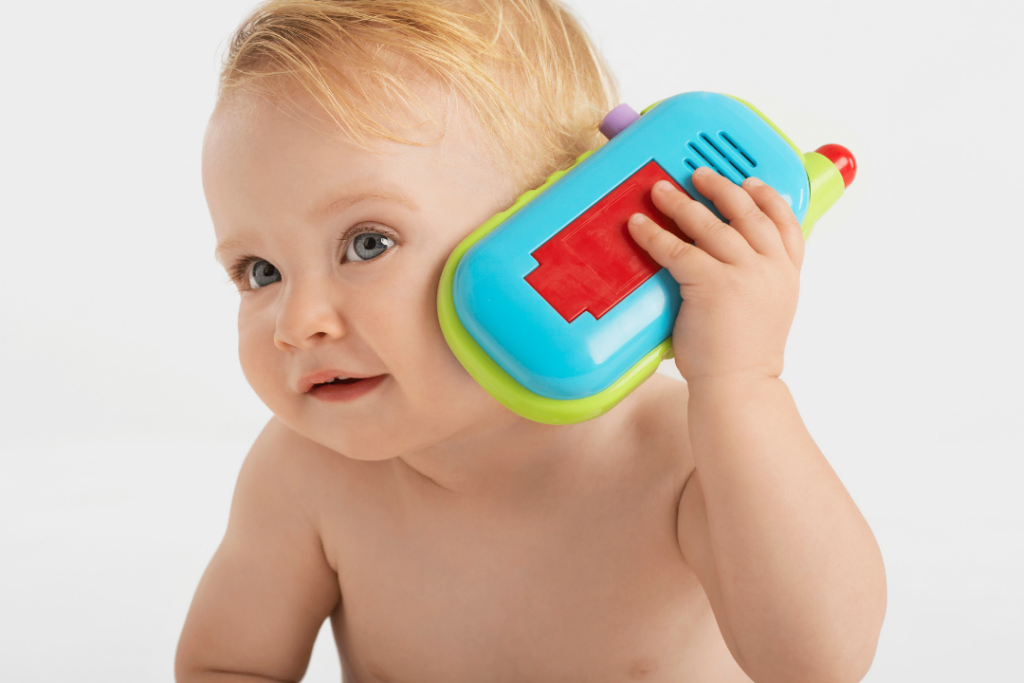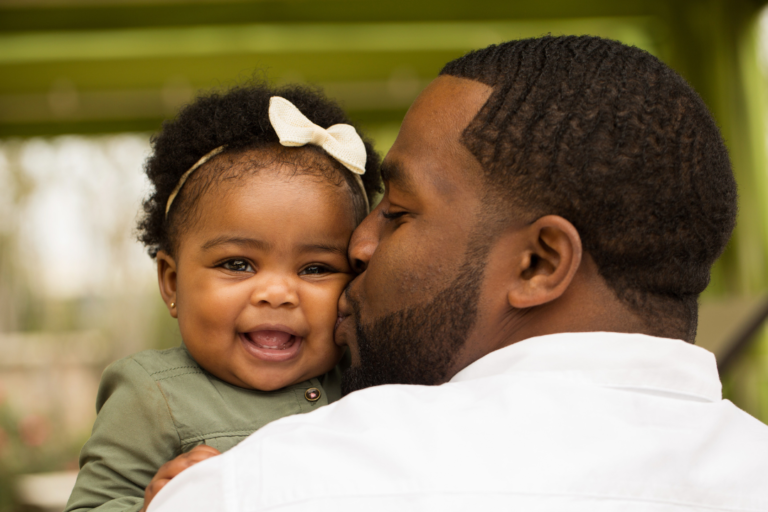Language development is an important and sometimes worrying development in little ones. The human baby is typically hard wired to be a social being. Naturally, the development of language is part of being social. Language is the way we connect with the world. And so much of learning also depends on language.
Language development at every stage
Your baby starts babbling at two months of age. Although these sounds seem meaningless, they are the vital first step in developing language. In this pre-speech stage of babbling and cooing, your baby starts to learn to control their larynx or voice box. This, in addition to the intricate muscles surrounding their mouth, tongue and throat.
At five months old, your baby adds consonants, such as b, n, m that are formed in the front of the mouth. At about ten months these sounds are linked together with vowels in sounds such as “dadada” or “bababa.” Not to bruise Dad’s ego but the reason your baby says his name first – dada – is because it’s the easiest sound to form at this age.
It’s one thing to hear and utter sounds but another to associate meaning with the sounds you make. At around eight to ten months your baby starts to connect meaning with simple words such as “no”, “mama” or the names of family.
Language development milestones
By one year of age your baby will understand as many as 70 words but on average, will only be uttering 6. Interestingly, the lag between understanding words and making the connection to say them is around 5 months.
It is important to note that when it comes to speech, the ranges for milestones are very wide. Some one year olds may not speak any words while another may have as many as 50.
Between a year and 18 months, language develops at a slow but consistent pace. But once your baby says 50 words, a tipping point is reached and your baby experiences a language explosion.
From this point, their vocabulary increases at an amazing rate of eight words a day! They will keep this up into their preschool years when their vocabulary reaches an astounding 13 000 words.
Top tips for optimising your baby’s language development
- Talk to your baby A LOT. Research has shown that babies with talkative moms have higher IQs.
- When your little one babbles, repeat the sounds back to them so they start to understand that language is a two-way activity.
- Language development can be very varied. Don’t worry too much if your little one is a little slower to talk than their friends. As long as they understand what you are saying.
Listen to SENSE by Meg Faure podcast for more about optimising your baby’s development. And subscribe to Parent Sense – the app that takes the guesswork out of taking care of your baby.




